By Dr. Martin Mungwa – New York, USA | Ambazonian
When Dr. Nick Gwayam (also known as Dr. Nick Ngwanyam) declared with stunning finality that “there is nothing like an Anglophone problem in Cameroon,” he did more than echo the tired lines of Yaoundé’s propaganda machine. He exposed the tragic degeneration of a generation of so-called elite Ambazonians—men and women who, once groomed for leadership, have instead traded history, honour, and homeland for personal gain in the court of Beti-Bulu supremacy.
To conflate the Southern Cameroons question with mere linguistic issues—as Gwayam does by pointing to Anglophones in Nigeria, South Africa, or the United States—is either an act of profound ignorance or calculated betrayal. The Southern Cameroons was never a linguistic region. It was a UN Trust Territory, governed under international law, awaiting full decolonization. That decolonization never came. What followed instead was annexation, assimilation, and now occupation. The result? Genocide cloaked in constitutional fictions and fronted by collaborators in suits and stethoscopes.
Dr. Gwayam’s assertion is a mirror image of the recent and equally troubling reversal by veteran journalist Eric Chinje. Once a vocal sympathizer of the Southern Cameroonian plight, Chinje has now retreated into ambiguous equivocation—perhaps under the weight of pressure, perhaps under the lure of privilege. Like Gwayam, Chinje speaks with the tongue of appeasement, seeking reconciliation with a regime whose brutality has been consistent and unforgiving. But reconciliation without truth is complicity. And history will not be kind.
What unites these men is not simply their betrayal of Ambazonia—it is their absorption into the Beti-Bulu hegemonic machine, a tribal dynasty that has monopolized Cameroon’s state apparatus, military, diplomacy, and public discourse since the days of Ahmadou Ahidjo. From embassies in Washington to the foreign missions in Paris, Tokyo, Berlin, and Pretoria, Biya’s emissaries are almost entirely from this narrow ethnic aristocracy. And the few Anglophones admitted into the system—like Gwayam—are expected to serve as decorative seals of national unity while ensuring the silence of their own people.
Let it be known: There is no Anglophone problem. That phrase is a decoy. A fraud. A linguistic smokescreen. What exists is the Southern Cameroons problem—a constitutional, historical, and international crisis resulting from the violation of a UN Trusteeship Agreement, the refusal to honour the right to self-determination, and the militarized repression of a people who voted in good faith in 1961 under false pretenses.
To propose “bringing back East and West Cameroon” in 2025 as a solution—as Dr. Gwayam has done—is both absurd and insulting. You cannot rename the goat you stole and expect the original owner to forget. The territories known as East and West Cameroon were and remain separated by internationally defined boundaries. Repackaging the fraud in vintage wrapping will not absolve it.
The Ambazonian people are awake now. And those elites who once thought they could speak, decide, and negotiate on behalf of a silenced majority must now reckon with the fact that the people will speak for themselves. No bribe, no grant, no appointment can rewrite the truth.
Dr. Gwayam’s position will go down in history—not as a solution—but as a footnote in the tragic tale of those who sold their people for privilege. In the final analysis, it is not Ambazonia that smells of rancid butter. It is the reputation of men like him, whose words have become more rotten than their silence ever was.













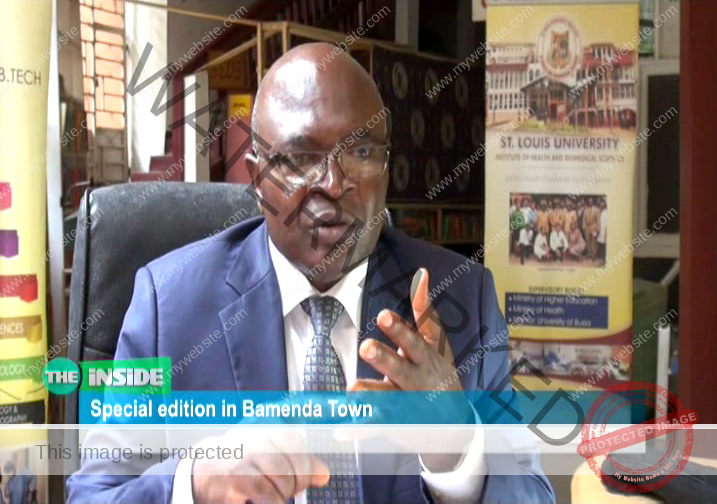

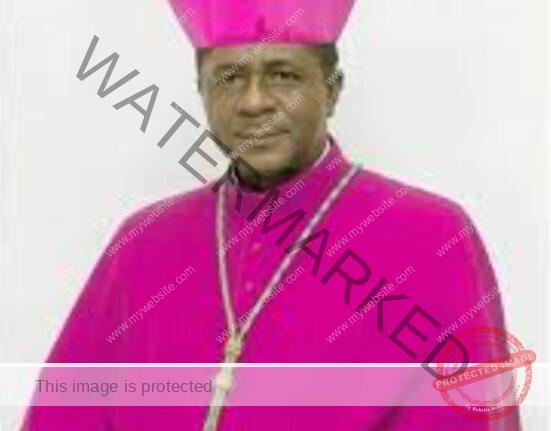
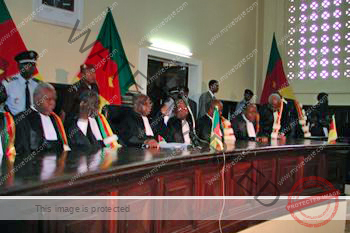
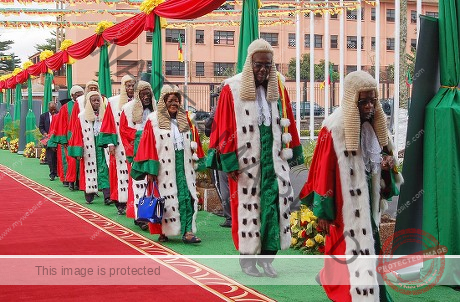
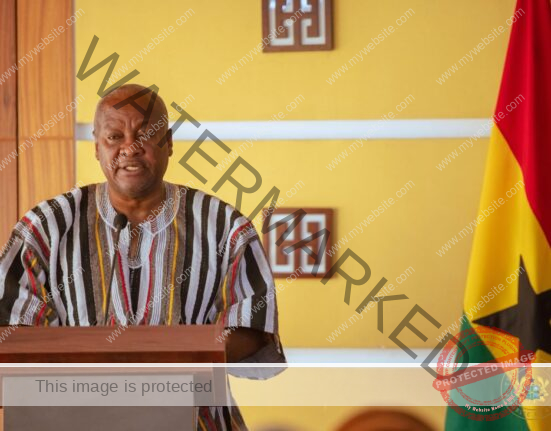
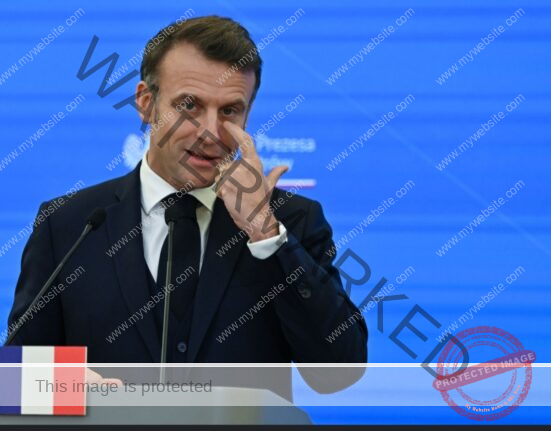

Leave feedback about this